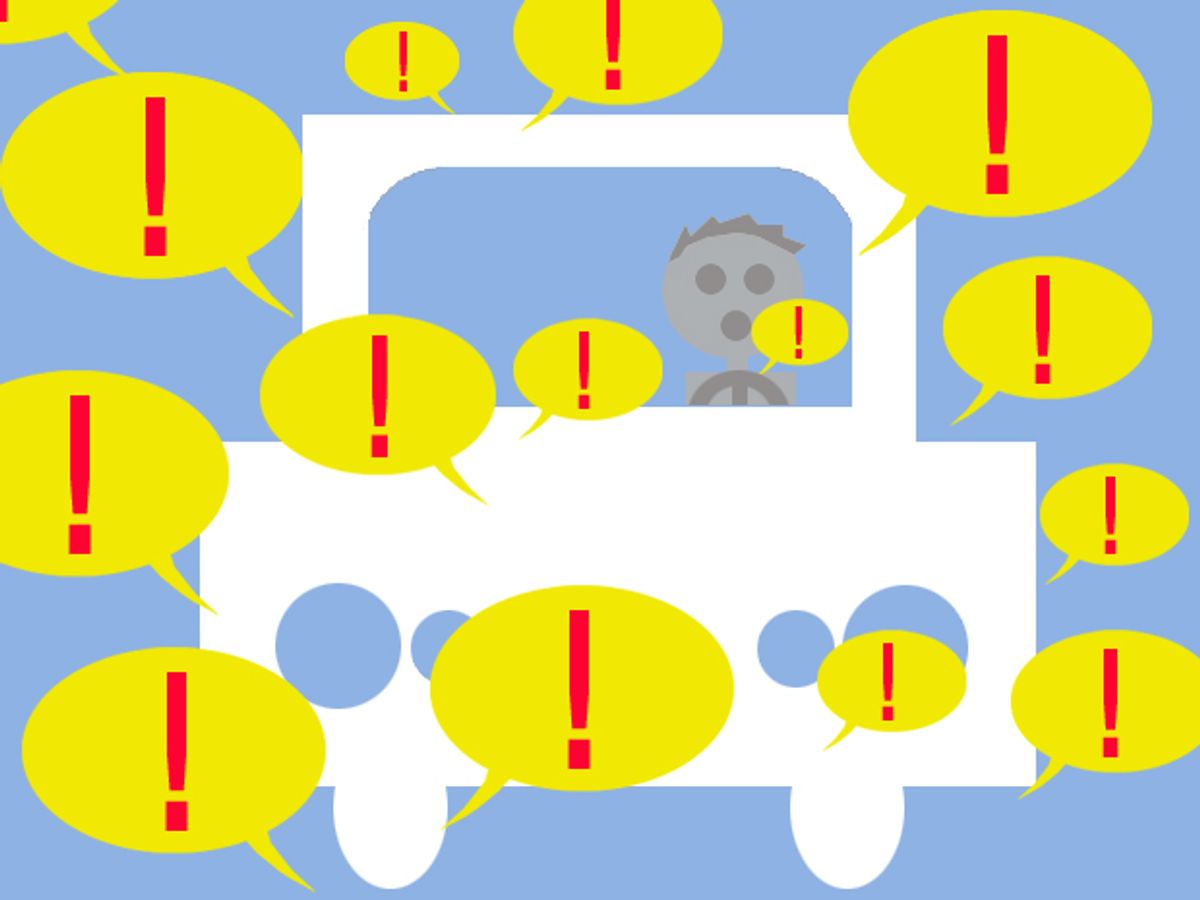The only pedal you'll be pushing to the metal in the future will be the brake. Even then, your car or an aftermarket device will probably chide you if you hit it too hard. That's because devices that plug into your car will offer you suggestions—and commercial deals—to improve your driving behavior. Last week Zubie, the South Carolina maker of such a device, announced an investment of US $8 million from Nokia's Connected Car Fund (see our coverage of the fund's May launch). This is the fund's first investment, signaling how important Nokia considers this class of device.
"We're competing in just a massive market and that's always exciting for an entrepreneur," says Zubie CEO Tim Kelly. A 2013 report from Transparency Market Research estimated that the connected car market could grow more than 30 percent per year and reach $132 billion by 2019. While the connected cars of the future may need sophisticated communications tools to alert one another of their positions, known as vehicle-to-vehicle (V2V) communications, Zubie and similar devices on the market today focus more on recording and offering driving information to the driver or owner of a vehicle.
The devices track acceleration, enabling them to suggest tips on safer driving or better fuel economy. The data are also ripe for commercial partners to offer drivers deals based on their driving record. While Zubie users own their data, Kelly says, many may find it worth sharing driving data with third parties in order, for example, to get discounts on tires from nearby dealers when the system detects that their tires may be wearing thin. Insurance is another major growth area: Kelly says Zubie will soon announce deals with insurers that could offer discounts based on good driving behavior.
Yet even driving data stripped of GPS coordinates can provide more information than intended. Last week researchers showed that they can reconstruct location data given a car's speed history and starting point, IEEE Spectrum reported. That probably won't hurt Zubie's business model, though, because location tracking seems to be one of its selling points: all three customer testimonials on Zubie's website this week include examples of users tracking the location of their daughters.
Owners can program the software to alert them via a mobile phone application if their car strays from pre-defined areas, for example. Still, location-tracking is incidental and not unique to in-car devices: a mobile phone-only application could do the same. Zubie and competitors are offering something different: a way for consumers and, inevitably, commercial outfits, to collect and analyze "big data" on their cars' health. While the devices may foster distrust between teen drivers and their helicopter parents, consumer access to the diagnostic port could force mechanics to be more transparent. Zubie offers plain-language translations of engine code alerts, for example, together with estimates for what a repair might cost.
That is helpful, but it is reactive. Kelly says the future for Zubie is intelligent alerting based on patterns of behavior. "We're spending a lot of time on automotive maintenance, to get much more predictive," he says. It may no longer take a parental warning to get teens to take it easy on the gas: an alert on their phones about how much that spurt of speed just cost them in fuel, insurance premiums, and future maintenance may do the job, instead.
Lucas Laursen is a journalist covering global development by way of science and technology with special interest in energy and agriculture. He has lived in and reported from the United States, United Kingdom, Switzerland, and Mexico.




